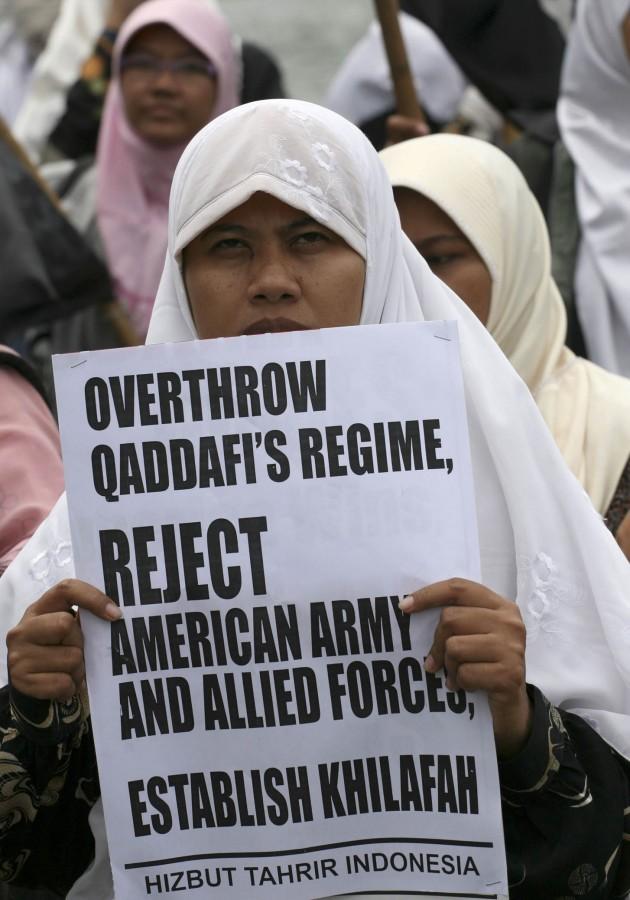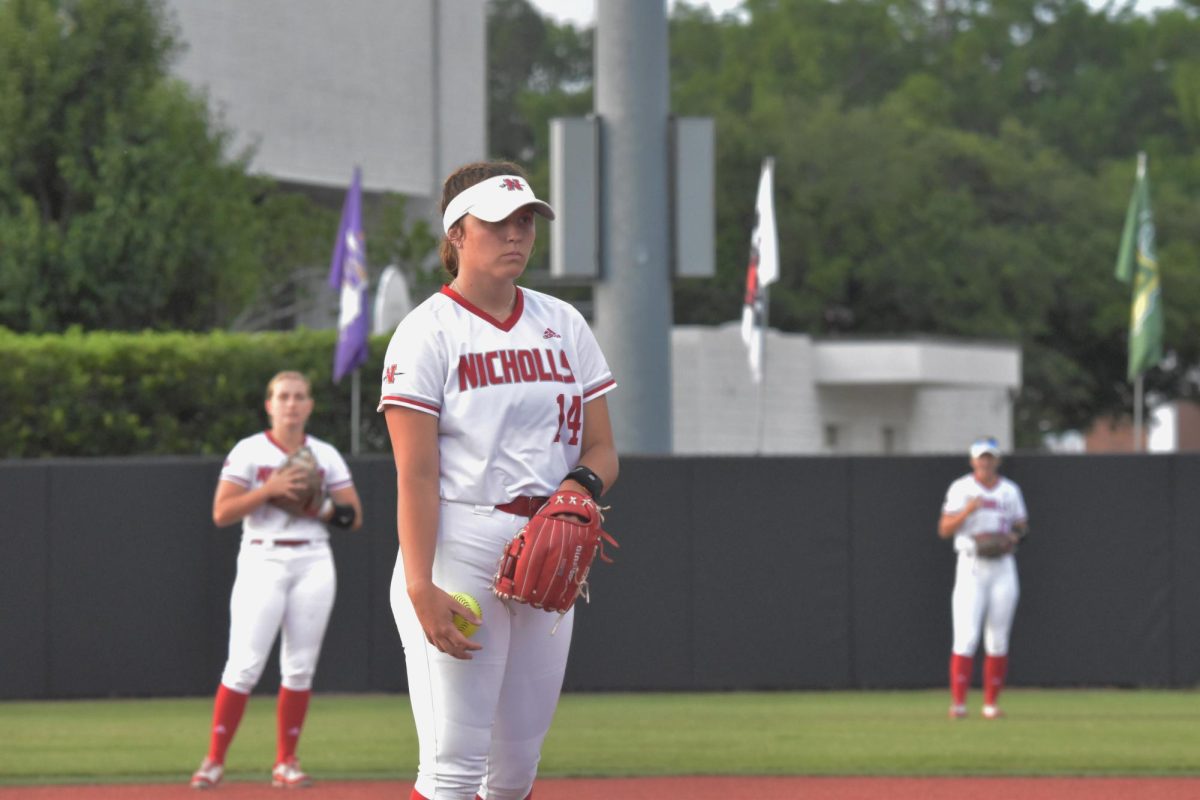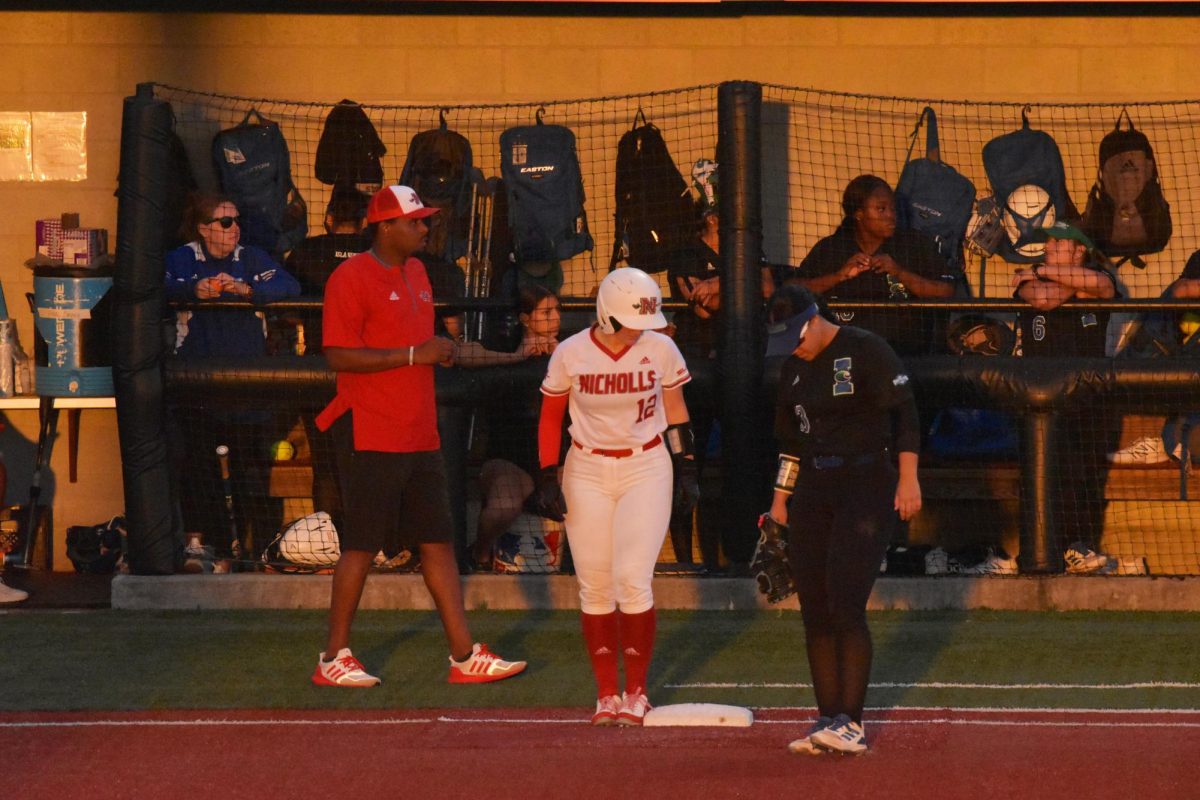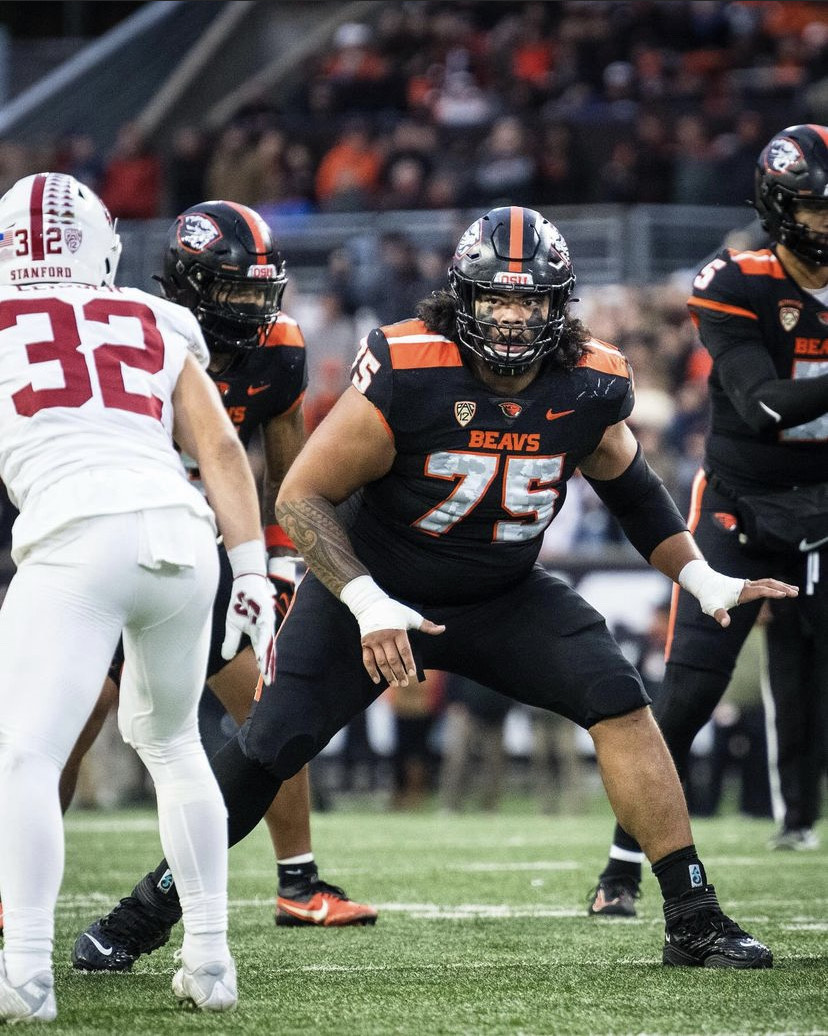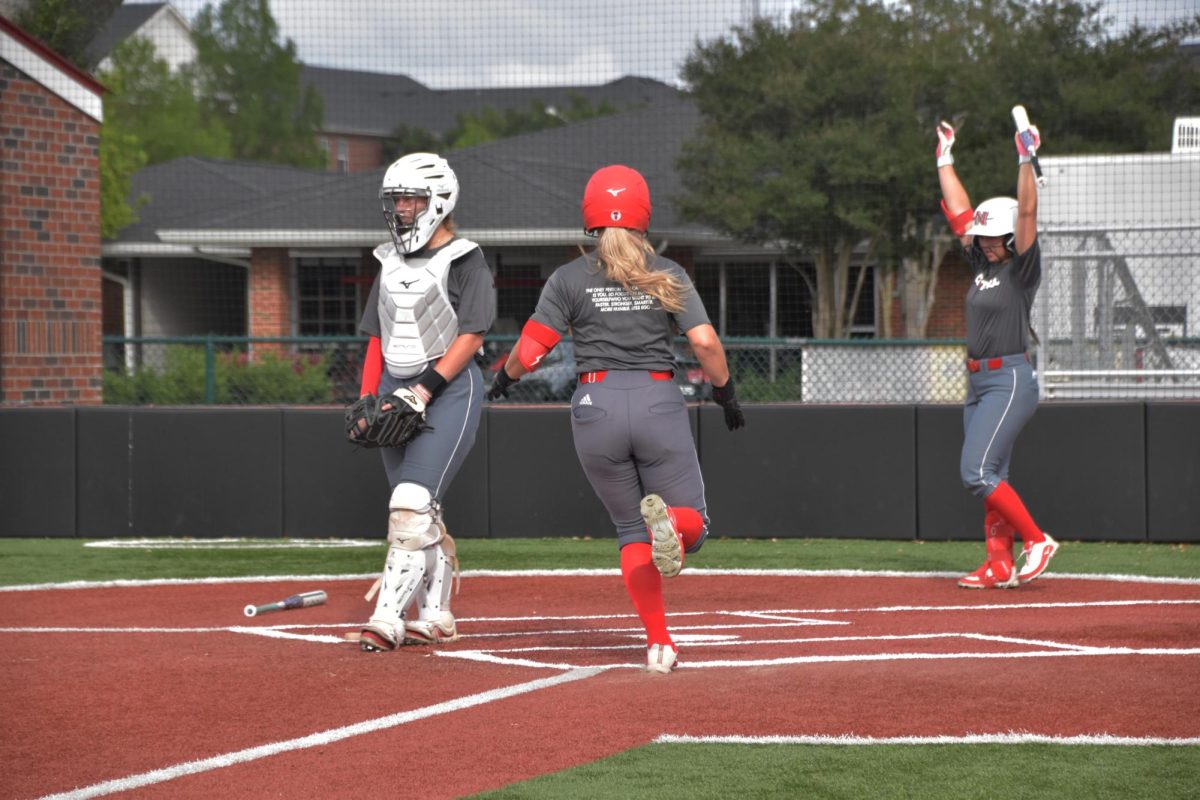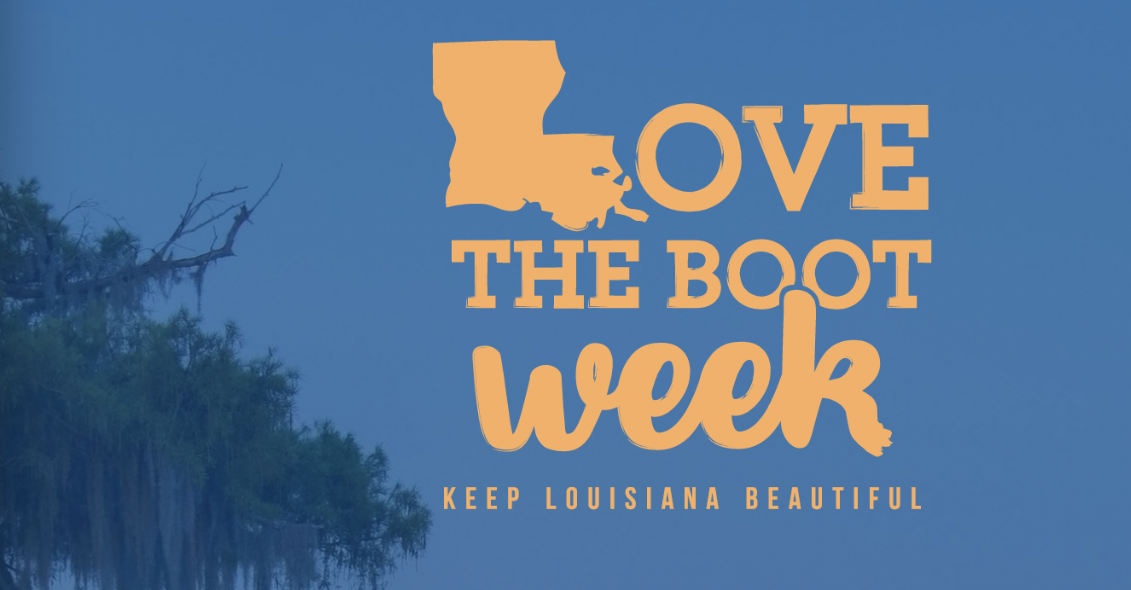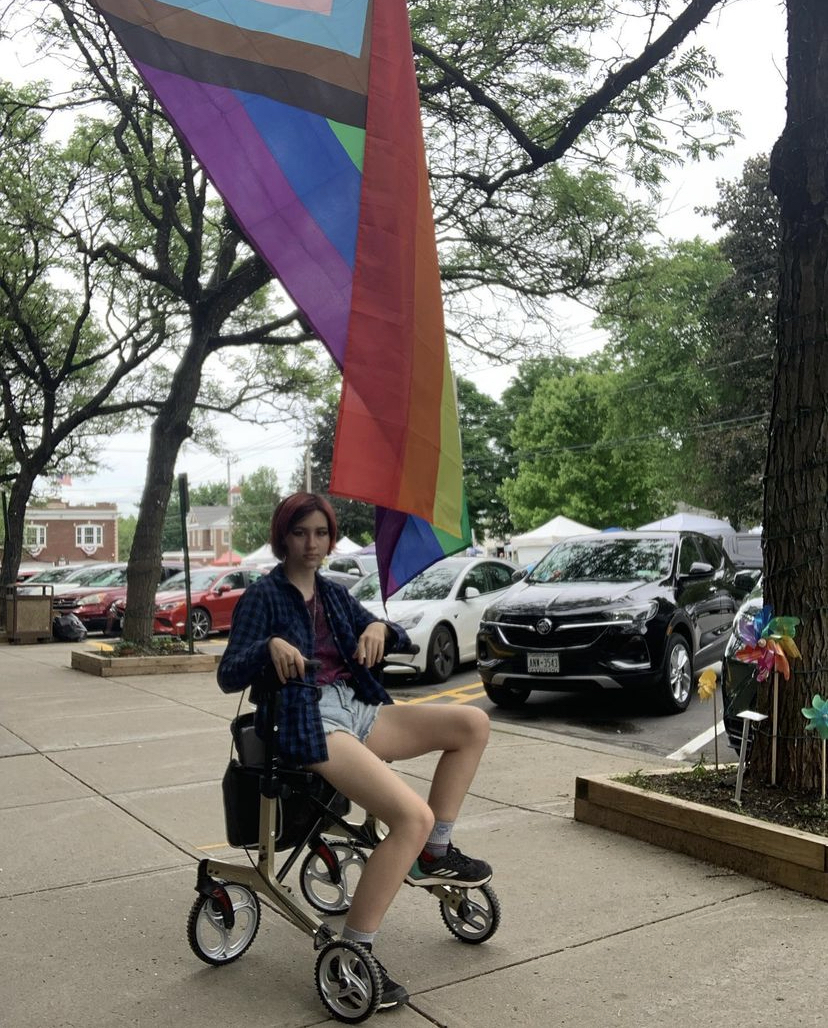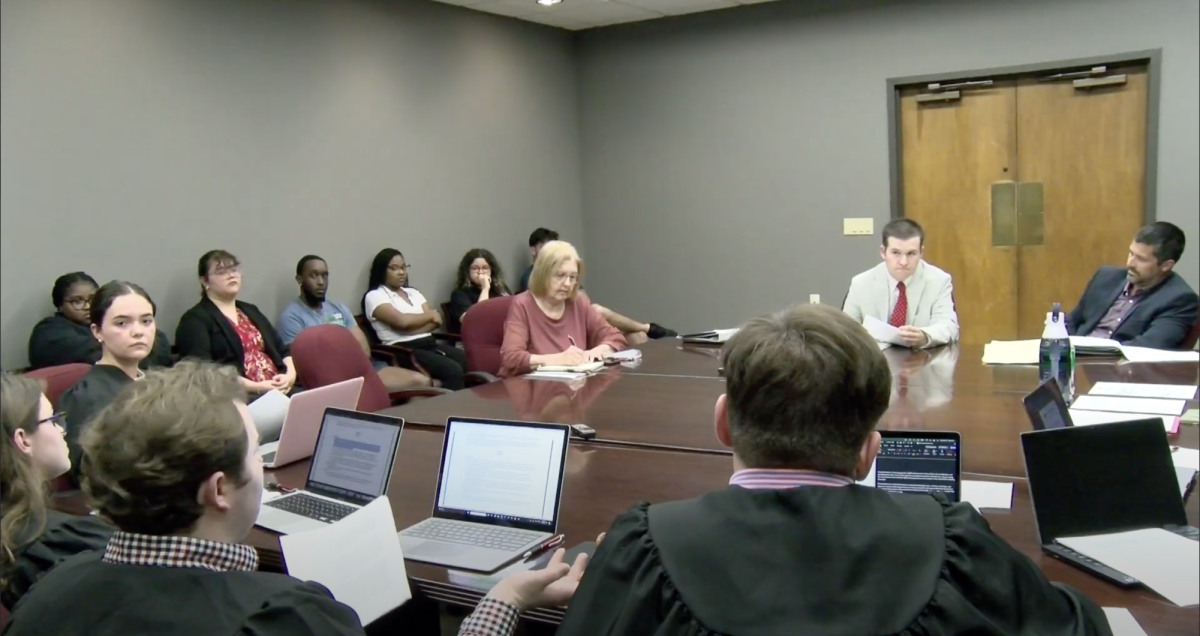When one piles the 2011 Libyan Uprising on top of several local hurricanes, international natural disasters and other incidents of unrest in the Middle East, our current generation has seen enough global strife and disaster in the last decade to last a lifetime.
The chain of revolutionary events in recent months has brought about what is, for us, a familiar sense of dread and confusion, where we are forced to decide for ourselves what’s right and wrong in the world around us.
Muammar al-Gaddafi has ruled Libya for over 40 years, a long span of time filled with rampant civil rights violations and huge preoccupations with oil control. Petroleum revenues make up more than half of Libya’s gross domestic product, and most profits are used to buy weapons and fund global terrorism.
By mid-February this year, the oppressed and abused people of Libya had had enough. Protestors called for a reinstatement of the 1952 constitution and demanded a switch to a multi-party democracy. In typical madman world-leader fashion, Gaddafi responded with conspiracy theories and violence against his own people. Like the recent uprising in Egypt, cell phone and internet communications were choked, and violent clashes have left thousands dead.
The incident didn’t remain isolated for long once a no-fly zone was established by the United Nations in Libyan airspace. This occurred only a few days before an official, physical response from French, British and American armed forces, bombing Libyan airfields and ground forces.
Many can’t help but feel swollen with a sort of patriotic guilt, wondering what really was the right thing to do. Was the U.S. justified in our decision to interfere with a battle that was not our own? When does holding true to our humanitarian duties outweigh the costs of getting involved with seemingly hopeless international affairs? Should the United States step down from its role as a global bully or are we a necessary ally to people that need and want our help?
In a recent address to the nation, President Barack Obama defended his country’s decision to meddle once again in international affairs.
“The United States cannot and should not intervene every time there’s a crisis somewhere in the world,” he said. “But I firmly believe that when innocent people are being brutalized…it’s in our national interest to act. It’s our responsibility.”
Only time will teach us whether or not our dutiful policing of other countries is beneficial in the long run or detrimental to our international image and internal health.


